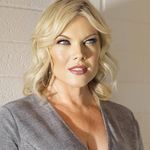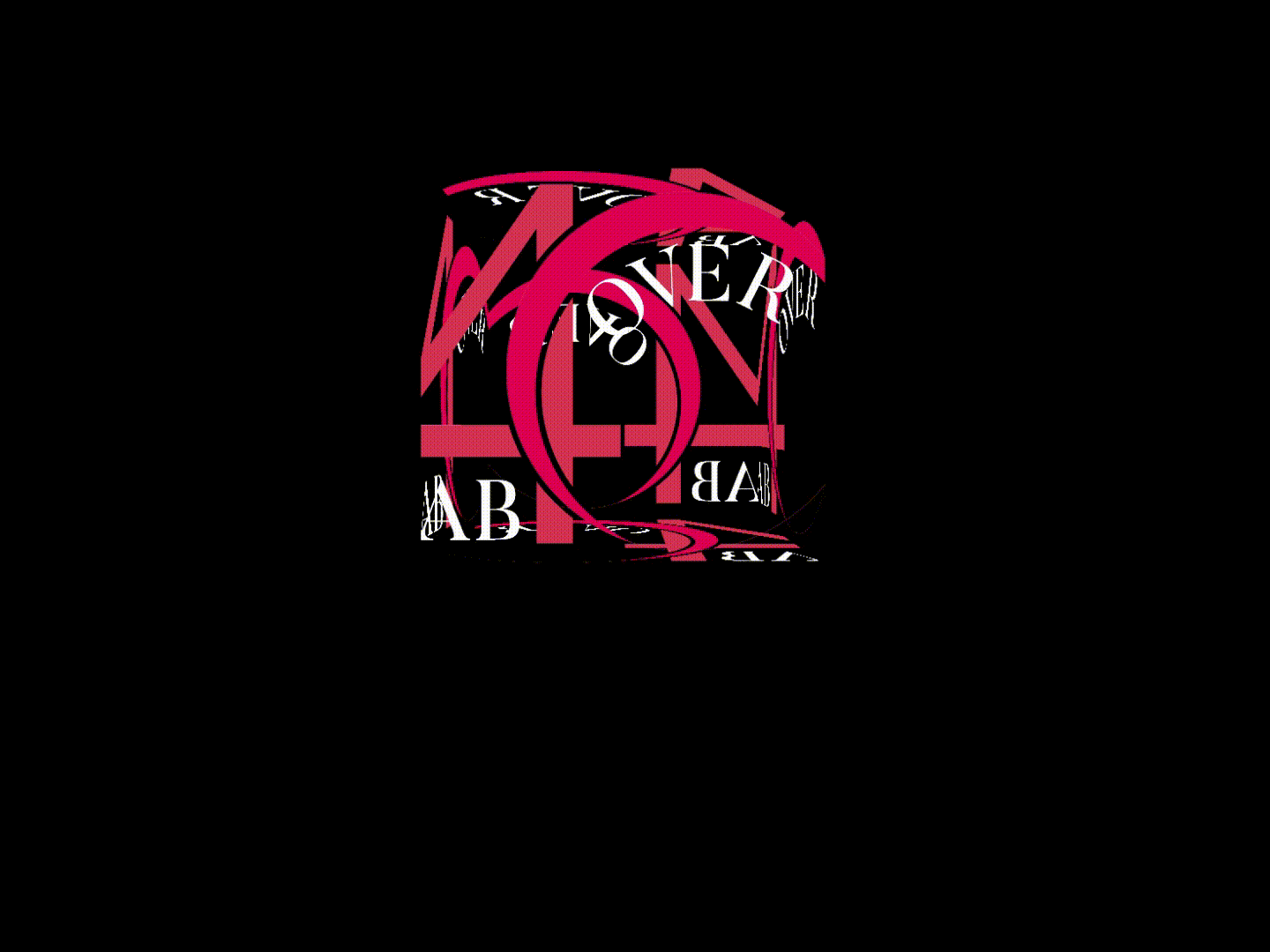How a wake-up call at 39 changed my life forever
For most people, February is all about candy hearts, dinner reservations, and finding a sitter so you can finally enjoy a night out. But for me, it has a much deeper meaning. Six years ago, in February, my life changed forever. Every year since I’ve felt it is my higher purpose to inform women about the importance of listening to their bodies. I mean really listen. I’d like to start by saying that I am grateful for what happened to me. I know I am extremely lucky to be here and don’t take any of this lightly. My life’s path is not to scare you with the reality of what could happen, but rather to share my story because I am just like you leading up to all this, I had spent the majority of my career as a health and fitness advocate—most notably as the editor-in-chief of Oxygen magazine. My personal and professional world revolved around cover shoots, celebrity interviews, fitness competitions, model searches, and providing some of the best information on overall wellness. In a nutshell, my job was to advise readers on eating clean, training, and competing. Little did I know that my own well-being was slowly deteriorating from stress. However, I still forged ahead as most women do. After 10 years at the helm of fitness publications, I moved on to the executive editor role at Today’s Parent. My focus quickly turned from workouts and meal plans to dealing with intense situations on the home front. However, one thing remained constant—my work inspired women to push through it all without question or concern. See where I am going with this?
On the outside, I was a vibrant, successful career mom—until one day I learned that “doing it all” meant I wasn’t necessarily taking care of my inside. So, while I continued to write articles about living a balanced existence, my body was gathering information on how to get me to actually slow down. Which begs the question: Why didn’t I know better? The truth is that I thought it would pass. As women, we put a lot of unnecessary pressure on ourselves to appease others. We push aside feelings of hopelessness and exhaustion just to get through the day. We convince ourselves that being rundown is a sign of weakness. And, we tell ourselves not to stop. I also didn’t know I was at risk. I’ve since learned that heart attacks have no barriers. They are not age-specific—and they don’t only target overweight or overworked people. In fact, when I had mine, I worked out like a fiend. I ate clean. I was active with my kids (still am). I loved my job. Didn’t smoke (still don’t), and so on. I thought I had it all under control. However, I was caught up in my hectic life and my body was ready to shout: Enough is enough.
Looking back
 The symptoms started two months before my heart attack. On Christmas morning, I felt a tightness across my chest that I had never felt before. It took my breath away so much so that I had to leave the table where my family was eating breakfast. Yet, I shrugged it off as normal holiday stress.
The symptoms started two months before my heart attack. On Christmas morning, I felt a tightness across my chest that I had never felt before. It took my breath away so much so that I had to leave the table where my family was eating breakfast. Yet, I shrugged it off as normal holiday stress.
Two weeks later, I started having heavy heart-racing episodes three to four times a day. They would start and stop suddenly for no apparent reason, over and over. It almost felt like I was running a marathon, even at rest. I was also having more headaches than usual; aches and pains in my upper body, back, jaw, and neck; and experienced shortness of breath going up the stairs Then, one morning at work, I had a panic attack standing in line at the cafeteria. The next night, as I was putting my kids to bed, I had the most excruciating pain in my right shoulder that shot all the way down my arm. It felt as though someone had hit me really hard with a baseball bat. The pain migrated around my back and my arm went limp. My body finally gave me the wake-up call I needed.
After my heart attack, I have diagnosed with Paroxysmal Supraventricular Tachycardia (PSVT)—a congenital heart condition that gets worse as you get older. Basically, my heart had an electrical problem. I had a “short circuit” that would bypass the desired pathway, hindering the blood to flow normally. This explained why my heartbeats were excessively fast and jumped from 70 to 230 bpm in seconds.
HERE’S HOW
Since PSVT results in a significant increase in heart rate beyond what the heart is really designed to do, frequent and prolonged attacks can also cause damage to the heart muscle. In a typical heart attack, there isn’t enough blood flow to the heart (supply) due to blockage of the arteries— but in the PSVT heart attack scenario, there is excess demand due to the rapid heart rate, and the body can’t supply enough blood flow to meet it. Depending on the amount of damage, this could lead to poor functioning of the heart and eventually heart failure.
But the good news! It was treatable. Cardiologists were able to conduct a cardiac ablation to locate and remove the alternate pathway (fix my short circuit) and prevent the bypass from occurring again—by destroying the tissue in my heart that was allowing incorrect electrical signals to cause an abnormal heart rhythm. (Note: There are many types of heart conditions and procedures. If you feel you can relate to any of these symptoms, please talk to your doctor right away.)
4 Tips to Change your life and stress less
- Tell Someone Keep the lines of communication open at work and at home. If you’re overwhelmed, stressed, or feel anxious, make sure to talk to your friends and family. Also, bring your symptoms to your doctor’s attention as soon as possible. Believe me, it could save your life.
- Eat Better
Cut out the caffeine start to eat healthier. Even if you think you eat clean, there are always ways to cut down your sodium intake, drink more water, and consume an appropriate amount of fats. See a naturopath or nutritionist for some initial guidance to find out if you are nutrient deficient which could be negatively impacting your health. - Meditate
Even 10 minutes a day will make a profound difference—when you’re in the shower, on the train, or even waiting in line at the grocery store. Clear your mind and focus on what’s good in your life. Just taking time to breathe is beneficial too. In fact, any uninterrupted time will help cleanse your soul and allow you to listen to what the universe is telling you. - Learn to Say No
Take charge of your own health and say “No” to activities or people that don’t align with your priority list. Recognized that you need to take time for yourself—and those around you will be better off with a healthier happier you. Remember, “No” is a complete sentence.
HEART ATTACK SYMPTOM BASICS
Men tend to get the typical left-sided chest pressure, often described as an “elephant sitting on the chest” with radiation down the arm (typically left), jaw, etc. Women can feel fatigued and nauseous or have defused chest pressure. Some women also report a feeling of indigestion and pain in their right arm, shoulder, or down their back.
Lessons learned
As you can imagine, finding out I had a heart problem was a huge wake-up call. It never crossed my mind that anything like this would ever happen to me. Even as I tried to ignore it, my health issue was getting progressively worse (and more obvious) as I got older. I believe stress played a huge role. The way I haphazardly reacted to my body “showing me the signs” in the early stages is quite typical of women in general. We seldom put ourselves first or make our health a priority. My biggest mistake was not listening to my body a couple of months earlier. I should have accepted the fact that the tightness in my chest was a warning sign for things to come. But I was in denial. It was indeed a foreign feeling, so I should have called my doctor right away. I simply thought that since I was a reasonably healthy person, I could never have a heart attack before turning 40.
That’s why with Heart Month around the corner, it’s important for me to talk about what happened. We all need to realize that our bodies will tell us if something is wrong. We just have to listen. I am here today because I finally took action.
Being heart smart
Since my wake-up call, I have become more aware of the power of my heart— not only as a vital organ but also of its capacity to gauge when my body is at a tipping point. I have also identified certain stressors in my life, and I am finally able to say “No” to people and situations that don’t align with my priorities. That’s because everybody is different. No one’s experiences will ever be exactly the same, but you can learn from sharing. I sincerely hope my message resonates with you in some way or perhaps with someone you know who is overdoing it and does not stop to think about their level of stress.
MY FINAL ADVICE TO YOU:
- Learn the signs
- Listen to your body
- Don’t take anything lightly
- Tell someone
- Take action
- Remember, health and happiness cannot survive without the other. .
















